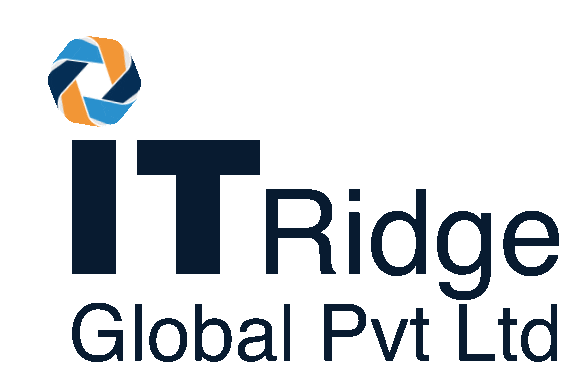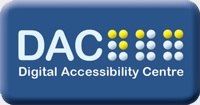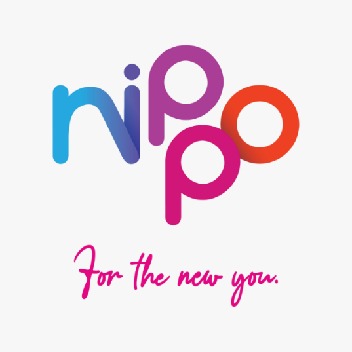
Enterprise Resource Planning (ERP)
Enterprise resource planning (ERP) is a type of software system that helps organizations automate and manage core business processes for optimal performance. ERP software coordinates the flow of data between a company’s business processes, providing a single source of truth and streamlining operations across the enterprise. It’s capable of linking a company’s financials, supply chain, operations, commerce, reporting, manufacturing, and human resources activities on one platform.
Most companies have a finance and operational system in place, but siloed systems can’t go beyond everyday business processes or help with future business growth. As companies expand and their needs change, their systems should keep up with them. In this article, you’ll learn what ERP is and why having software in place that keeps up with your needs can help run a more agile and efficient business.
While there’s no all-up solution for every business process, ERP technology is getting better and better at bringing processes together. After your processes, systems, and data are connected, you’ll get the business intelligence, acceleration, and adaptability you need to start optimizing your operations.
Here are three ways an ERP system can improve your business:
- Drive optimal performance. With solutions that use AI, you’ll access insights that enhance your decision making and reveal ways to improve operational performance going forward.
- Accelerate operational impact. By connecting processes and data, you’ll bring more visibility and flexibility to employees, helping them take action quickly and deliver more value across the business.
- Ensure business agility. Many ERP solutions are built to adapt to your needs and grow with you, helping you proactively prepare for—and readily respond to—any operational disruption or market change.
















